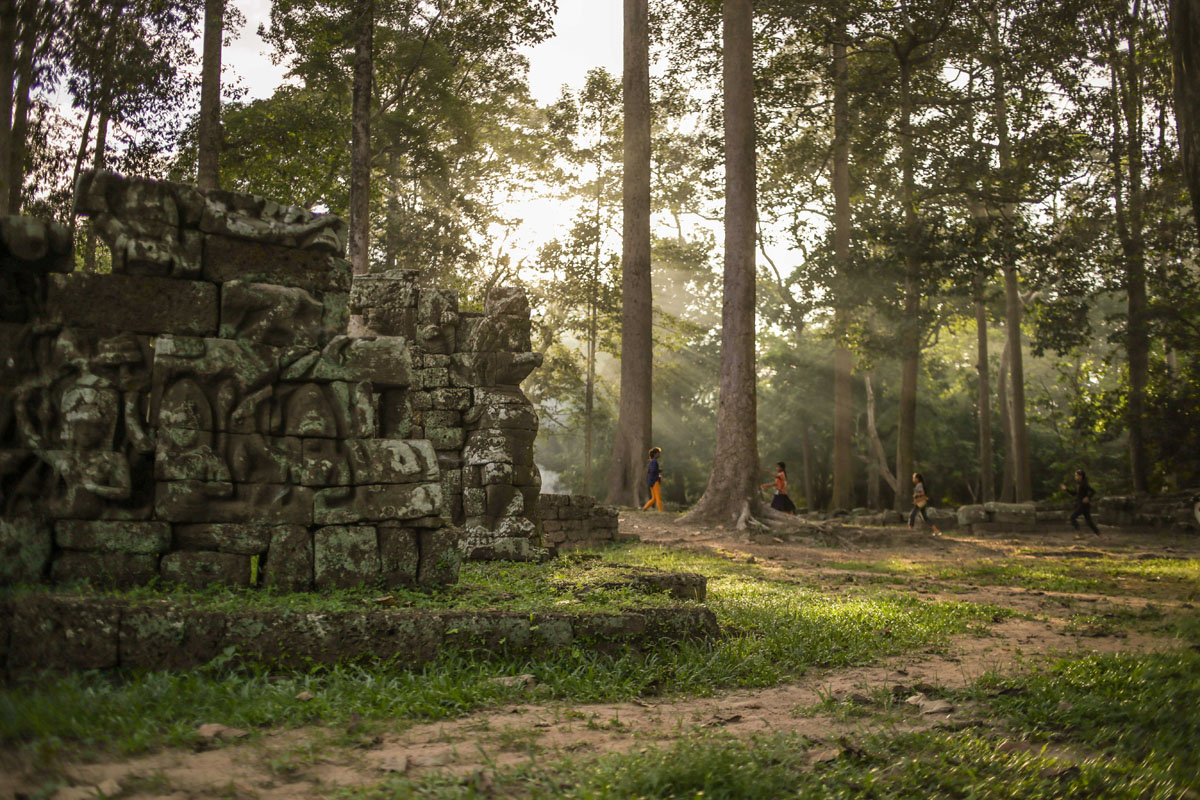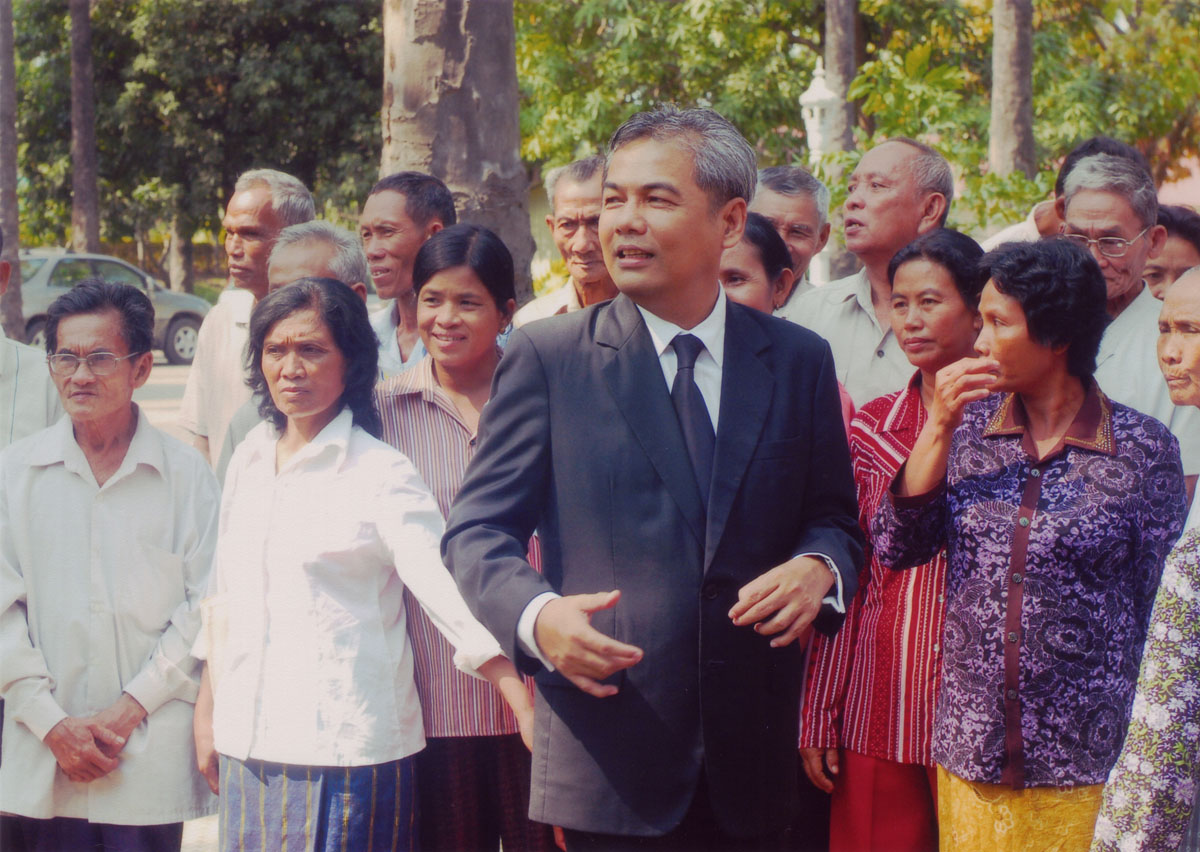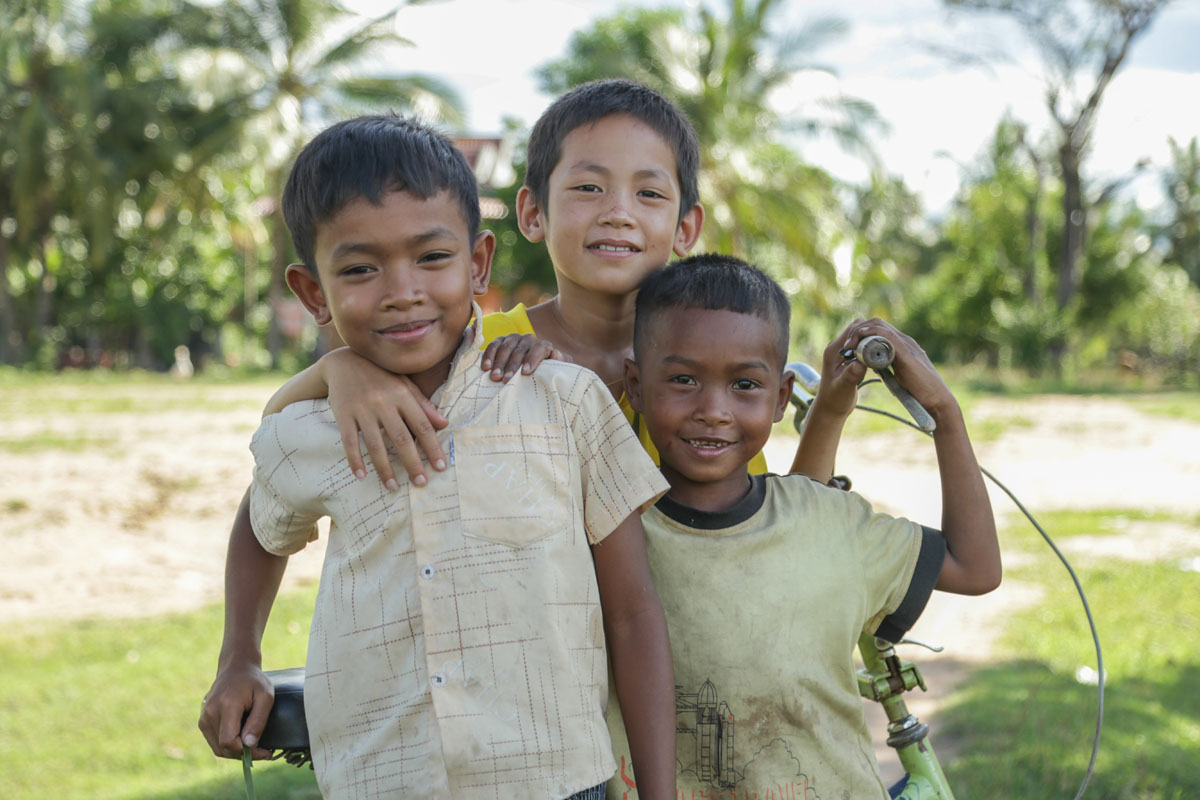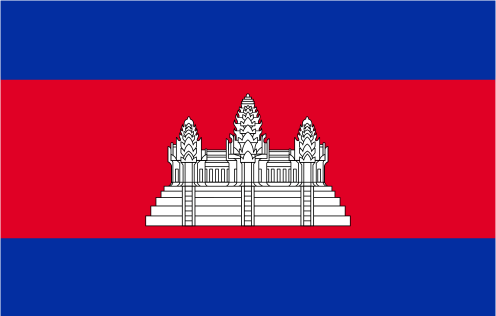THE SLEUK RITH INSTITUTE
The Sleuk Rith Institute is a bold and ambitious project to reconcile the destructive legacy of the Khmer Rouge with Cambodia’s enduring cultural heritage through a focus on the timeless values of justice, memory, and healing.
Angkor Wat in Cambodia is the largest religious monument in the world. It was built by the Khmer King Suryavarman II in the early 12th century in Yasodhrapura, the capital of the Khmer Empire.

School of Genocide, Conflict & Human Rights Studies
Although archives and survivors provide the factual and emotional basis for memory, Cambodia’s future generations will carry on the processes of collective healing and ensuring justice. The educational functions of the Institute will educate those generations in the history of the past and the values of the future. Although primarily focused on Cambodians, it will recruit outstanding candidates regionally and internationally to join their Cambodian colleagues to jointly craft strategies and policies oriented toward creation of a future of increased understanding, empathy and justice.

Research and National Policy Development
The Research and National Policy Development Center will serve as a regional hub for research in the fields of crimes against humanity and sustainable development, building on DC-Cam’s tradition of hosting 100 research visitors annually. Drawing on DC-Cam’s vast archives, scholars from a variety of pursuits will engage in diverse research projects designed to impact policy-making at the national, regional and international levels. The Center will establish its own press facility to ensure integrity and control over its output.

Research and National Policy Development
Thirty five years have been passed since the collapse of the Khmer Rouge regime in 1979. The future lies with a new generation of Cambodians. Kampong Chhnang province.
The Museum will invoke the history of the Khmer Rouge in the lengthy context of Cambodia’s rich cultural, religious and architectural history, emphasizing integration and reconciliation. It will feature traveling exhibits drawn from the collections of international and regional museums. In collaboration with 24 museums dispersed throughout Cambodia, the Museum of Memory will curate local exhibitions to intensify the population’s exposure and awareness.



